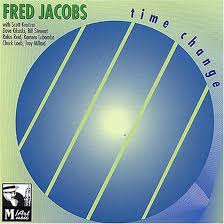Previewing the FIFA World Cup 2026: A Historic Event

Introduction
The FIFA World Cup 2026 is poised to be one of the most significant international sporting events, not only because of its vast scope but also due to its shared hosting between three North American countries: Canada, the United States, and Mexico. This tournament will mark the first time in history that three nations co-host the World Cup, and it aims to engage a wider audience in North America while highlighting the evolving landscape of global soccer.
Details of the Tournament
The tournament is scheduled to take place in June and July 2026, featuring an expanded format that will see 48 teams compete instead of the traditional 32. This increase will allow more nations to participate, further promoting the sport globally and providing more opportunities for fan engagement. The matches are set to be held in various cities across Canada, the USA, and Mexico, with several iconic stadiums already chosen to host the high-stakes matches.
Major cities like Toronto and Vancouver in Canada, along with Los Angeles, New York, and Mexico City, will play a crucial role in welcoming fans, players, and media from around the world. This collective hosting effort not only showcases the unique cultures and identities of each country but also emphasizes the spirit of unity and collaboration.
Preparation and Legacy
In preparation for the World Cup, local organizing committees have begun extensive infrastructure improvements, including transportation, accommodation, and stadium enhancements. Government investments are expected to yield long-term benefits in tourism and local economies, potentially attracting millions of visitors beyond just the tournament period.
Moreover, the FIFA World Cup 2026 is focused on leaving a positive legacy through community programs and initiatives aimed at promoting soccer at the grassroots level in North America. This includes partnerships with schools and local clubs to ensure that the love for the game continues to grow long after the tournament ends.
Conclusion
<pAs anticipation grows for the FIFA World Cup 2026, it is evident that this tournament will not only be a sporting extravaganza but also a catalyst for social and economic change in North America. As fans look forward to the event, the collaboration between Canada, the USA, and Mexico symbolizes the power of sport in bridging divides and uniting people across borders. The legacy of this World Cup promises to inspire future generations, making it a landmark event in the history of soccer.









